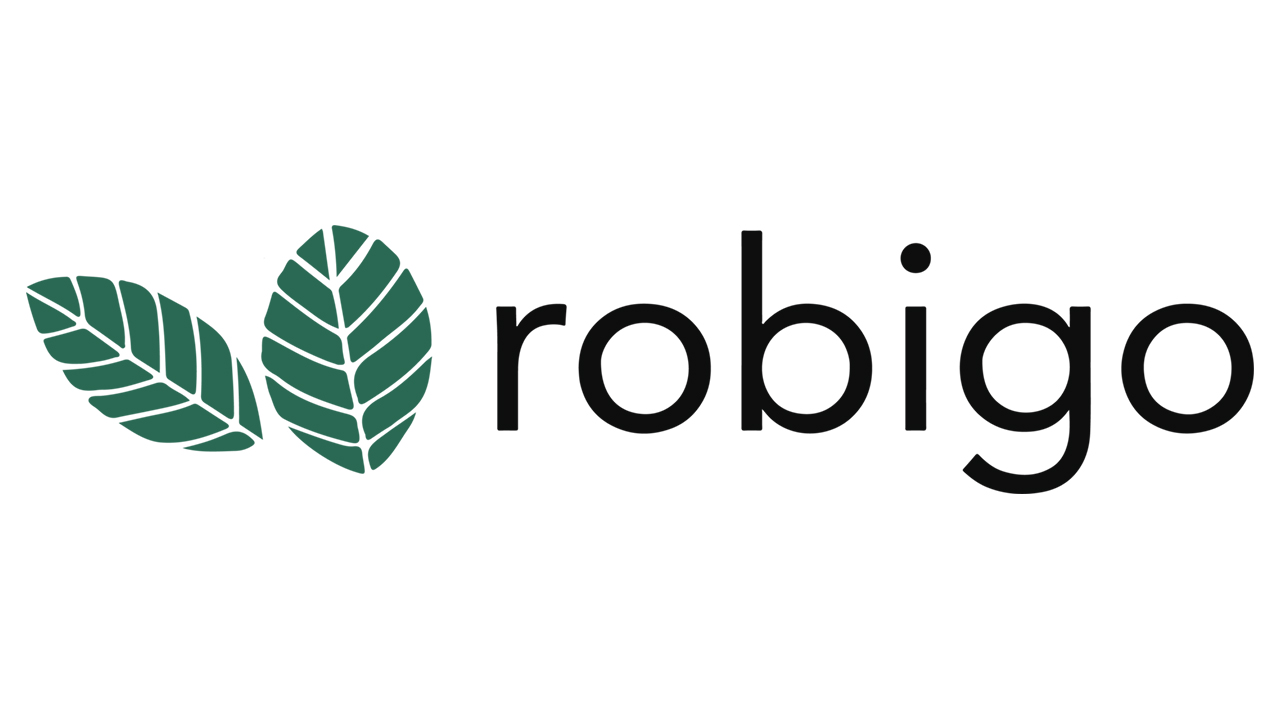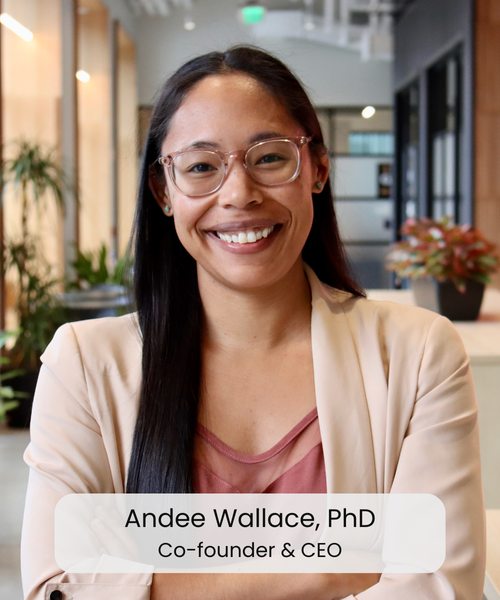Robigo: Success Story

Product development grant winner fermenting a better way to farm

What if you could replace conventional pesticides with something less toxic and more sustainable? What if that replacement were also…alive?
It’s not science fiction. Sustainable microbial biopesticides are coming soon to a farm near you. Robigo, a Cambridge, MA-based biotech company, is developing them. Robigo’s product aims to increase crop yields by fighting diseases and improving soil health. Their customers will be able to grow more while making their farms safer for the environment.
Robigo’s founders, Jai Padmakumar and Andee Wallace, Ph.D. became friends as students in the same MIT Ph.D. lab. Padmakumar conceived Robigo’s core technology while working on an assignment to engineer microbial communities. Wallace wanted to bring modern life science tools to agriculture once she graduated. After earning her doctorate, she and Padmakumar founded Robigo. Both founders sought pathways to make modern agriculture more sustainable.
“Agriculture is one of the most necessary but destructive human activities. We have a lot of room to grow,” Wallace said.
FORGE’s impact
In December, Robigo won FORGE’s Product Development Grant for Historically Marginalized Leaders in Cleantech, supported by IN2. As an Activate Boston fellow, Wallace saw other fellows work with and win grants from FORGE. When the Activate community highlighted FORGE’s cleantech grant, Wallace was excited to apply – and even more excited to win.
“It’s awesome to have these types of grants focused on historically marginalized communities,” Wallace said. “Relatively few VC dollars go to minority and female founders, so support and funding for companies like ours means a lot.”
The grant will go toward Robigo’s purchase of a bioreactor. The bioreactor is a bench-top fermentation vessel. Imagine a beer fermentation vat that’s just two feet tall. To make biopesticides, Robigo works with non-model organisms, microbes from the environment that the scientific community has not extensively studied. The microbes are literally harvested in the field. Robigo’s collaborators isolate strains from their crop fields and ship them to Robigo to engineer.
Looking forward: a slow process that will make a big difference
The bioreactor is Robigo’s first step on the long journey toward commercial mass production. The pesticide industry is heavily regulated, so getting approval can take four to five years. Even with the long wait, growers are lining up. Robigo’s successful product tests and customer discovery interviews have uncovered lots of interest in sustainable, non-toxic treatments that protect crops from disease. Consumer, grower, and manufacturer preferences are shifting away from chemical pesticides and toward biopesticides.
Wallace said “It’s exciting to be part of that shift and to be a startup trying to make a dent in agriculture’s effects on the globe. We’re looking forward to what the future holds.”
Wallace hopes that in the long term, Robigo’s product will help farmers improve their land use efficiency, reduce deforestation, and decrease carbon emissions. It’s a tall order, but one the agricultural system awaits anxiously.
By the Numbers
- Robigo has 7 employees and is currently hiring.
- Robigo has raised $1.5 million in VC funding and $700k in nondilutive grants and awards.
- Robigo secured $7M seed round to protect crops from untreatable diseases.
- There will be about 10 to 100 trillion microbes in the bioreactor in one batch of biopesticide.
